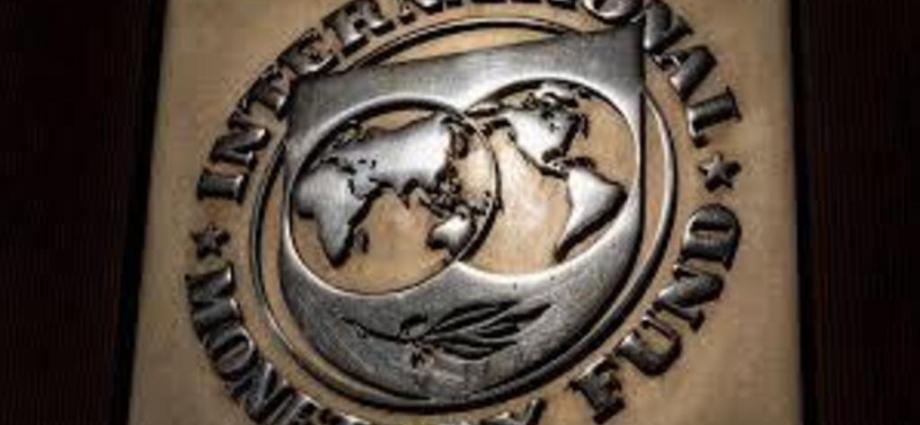IMF Report Highlights Progress and Concerns in Democratic Republic of Congo’s Public Finances

IMF Acknowledges Economic Progress but Raises Alarm Over Emergency Spending
The International Monetary Fund (IMF) released a series of evaluation reports on Wednesday, July 16, assessing the economic situation in the Democratic Republic of Congo (DRC). While recognizing progress in key financial programs, the IMF expressed significant concerns about the continued reliance on emergency procedures in public expenditure.
Mixed Results in Fiscal Management
According to the IMF’s latest assessment, the DRC has made notable strides in implementing economic reforms. The reports highlight improvements in fiscal governance and revenue collection, which have contributed to stabilizing the country’s macroeconomic environment. However, the persistence of emergency spending practices remains a critical challenge.
“The DRC has demonstrated commitment to reform, but the frequent use of emergency procedures in public spending undermines transparency and fiscal discipline,” the IMF stated in its findings.
Key Concerns: Emergency Spending and Financial Oversight
The IMF emphasized that excessive reliance on emergency expenditure mechanisms poses risks to long-term financial stability. Such practices often bypass standard budgetary controls, increasing the potential for mismanagement and corruption.
Key concerns identified in the report include:
- Lack of proper oversight in emergency spending allocations
- Potential diversion of funds from priority development projects
- Weakened accountability in public financial management
Recommendations for Strengthening Fiscal Governance
The IMF urged Congolese authorities to implement stricter controls on emergency expenditures and enhance transparency in budget execution. The report suggested several measures to improve financial governance:
- Establishing clear criteria for emergency spending
- Strengthening parliamentary oversight of budget execution
- Improving coordination between fiscal and monetary policies
These recommendations aim to help the DRC maintain economic stability while addressing structural weaknesses in public financial management.
Economic Outlook and Future Engagement
Despite the challenges, the IMF maintained a cautiously optimistic outlook for the DRC’s economy, citing the country’s significant natural resource potential and recent reform efforts. The institution pledged continued technical assistance and policy advice to support sustainable economic growth.
The report comes at a critical time as the DRC seeks to balance immediate economic needs with long-term fiscal sustainability. Government officials have acknowledged the IMF’s findings and expressed commitment to addressing the identified challenges.
For more details on the IMF’s assessment, visit the original report.


